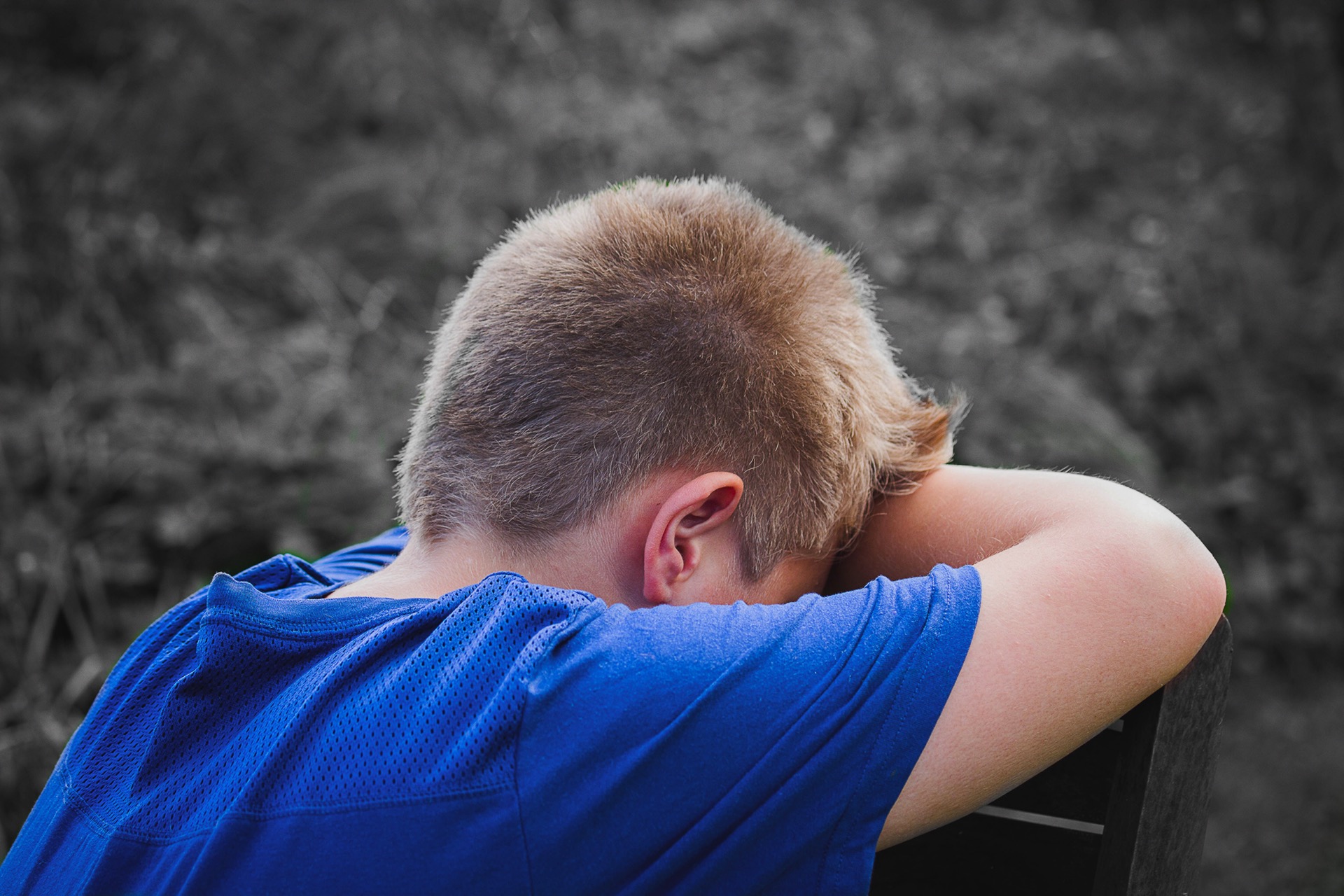C
hildren suffer from anxiety for a number of reasons. Before the start of a new school year, encountering a select group of peers at school, auditioning for a role in the school play, trying out for a sports team, and right before taking tests are times when a child may experience anxiety. This is nothing out of the ordinary. However, anxiety becomes a serious concern for children when it starts to interfere with their day-to-day activities. They may try to avoid certain situations or certain people. Some children are more susceptible to anxiety. This is especially the case if a child regularly experiences family conflict, arguments, is bullied, or feels unsafe in a particular environment.
And then there are students I’ve had who have gotten upset over the littlest things. At times, I’ve seen students push others in a shoving match. When I came over to address the issue, the student would go ballistic and lose control of their emotions. More times than not, the kids who act out in school are doing so because something is either going on at home or with their peers. The intimidating, mean-spirited behaviors are often a result of some sort of trauma experienced by the child at home or at school. They come into school on guard, ready to battle and they misperceive their peers’ and teachers’ cues, resulting in hostile and highly combative behavior.
How to Manage a Child’s Anxiety/Anger and Exposure to Violence
It is very important to sit down with your child and allow them to safely express their emotions and tell you what is going on and causing their high level of anxiety or what is making them feel upset. One thing you can do to alleviate your child’s stress is to limit the amount of technology that they are exposed to, in particular violent content. Refocus your child on getting involved in activities that are positive in nature and involve positive interactions in a team-building way with their peers.
Refrain from imparting your own fears or anxiety onto your child and rather than protecting your child from feeling anxious, teach them strategies to best manage and deal with it successfully. In my new book, The Ultimate Guide to Raising Teens and Tweens, I provide specific coping strategies that parents can implement to help their child best deal with anxiety in the least harmful manner all while channeling any worrisome or negative thoughts to something positive to help maintain a child’s self-confidence.
Furthermore, teenagers who suffer from anxiety may have difficulty sleeping or eating and are more prone to either self-destructive behaviors and/or angry outburst. In my book, I also offer the C.A.L.M. technique on how you can easily and effectively reduce or flat out eliminate problem behavior and get your child to see how their actions result in specific consequences or rewards.
To You and Your Child!




